ST. PAUL'S UNIVERSITY TVET INSTITUTE
ABOUT US
St. Paul’s University TVET Institute is a registered Technical and Vocational; Education and Training Centre under the TVET Act, 2013 Section 20 (1). The TVET Centre is accredited to offer Post-Secondary and Professional Courses examined by St Paul’s University (SPU), NITA, TVET-CDACC, KASNEB, HRMPEB and KISEB for courses in Health Sciences, Business, ICT, Cosmetology, Communication, Social Sciences and Theology.
Our VISION is to be A dynamic and Christian-centered TVET institute of professionalism and global impact
Our MISSION is to produce God fearing professionals by imparting knowledge, technical skills and values through creative methods, innovation and Christian spiritual formation.
Our OBJECTIVE is to train and facilitate professionals in various levels of qualifications including: Diploma, Craft Certificate, Artisan Certificate and Vocational Certificates and offer everyone a chance to be equipped and skilled for global service.
OUR PROGRAMMES
Unlock your career with our industry-aligned artisan and craft certificate programmes. We offer flexible Regular and Evening classes with intakes every January, May, and August at our Limuru (Main), Nairobi, and Nakuru campuses.
BRIDGING / LEVEL 3
The programme provide a vital entry point for students looking to improve their academic standing or gain foundational technical skills.
ARTISAN / LEVEL 4
The programme develops core competencies and technical skills allowing smooth transition for learners to professional craftsmanship.
CERTIFICATE / LEVEL 5
The programme serves as a technical proficiency, offering a direct gateway to senior career roles or further progression.
DIPLOMA / LEVEL 6
This level balances advanced practical training with essential theoretical knowledge, preparing learners to operate as highly skilled technicians.
HIGHER DIPLOMA / LEVEL 7
The programme empowers graduates to handle complex industrial challenges through research capabilities and high-level managerial skills.
FEES
Our fees are structured according to standard TVET market pricing, offering an affordable and transparent investment in your future career.
Why SPU TVET Training?
At SPU TVET, we are dedicated to providing more than just an education; we offer a pathway to professional excellence. Our institution stands out by prioritizing student success through a supportive academic framework and industry-aligned training. Here is why SPU TVET is the ideal choice for your technical career:
- CBET Modularized Market-driven courses
- Affordable fees
- Flexible fee payment mode
- Qualified and experienced TVET licensed Trainers
- Conducive learning environment
- Timely completion of courses and graduation
- Transfer of credit available
- Timely processing of results

Curriculum & Assessment Framework
Our curriculum framework is designed for efficient learning by organizing competencies into three clusters.
Basic Units
These foundational units provide essential skills and knowledge like communication and numeracy needed for all TVET programs. They prepare students for a wide range of professional settings.
Common Units
These units cover skills that are applicable across multiple TVET programs, giving students the versatility to adapt to different industry roles.
Core Units
These are the specialized units for each TVET program. They provide the in-depth technical knowledge and practical skills needed for specific jobs, ensuring our graduates are ready for industry demands.
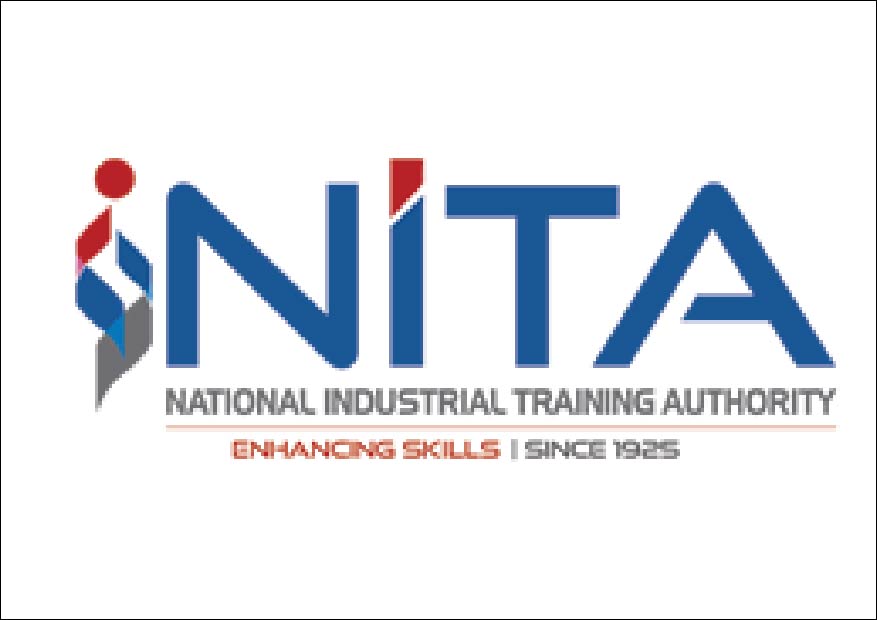
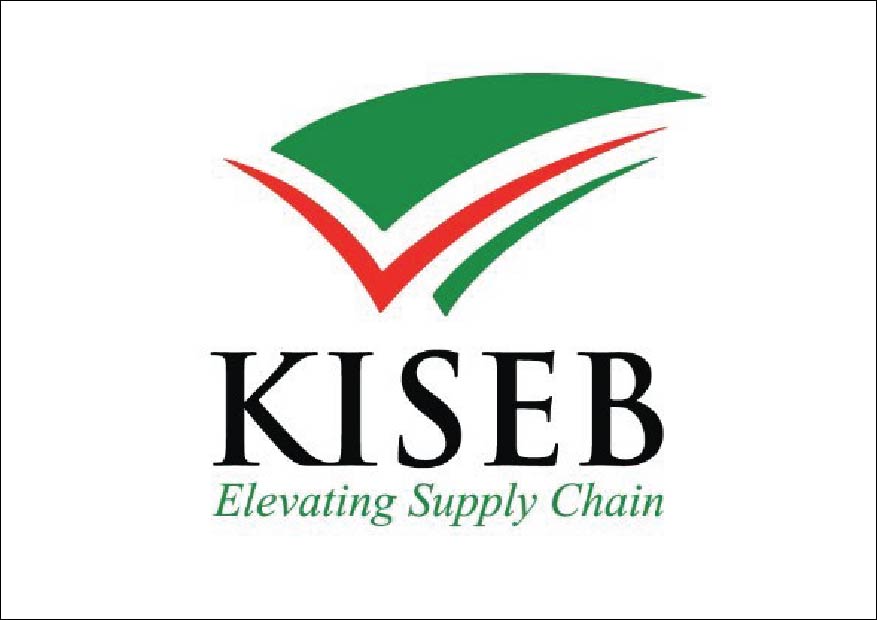
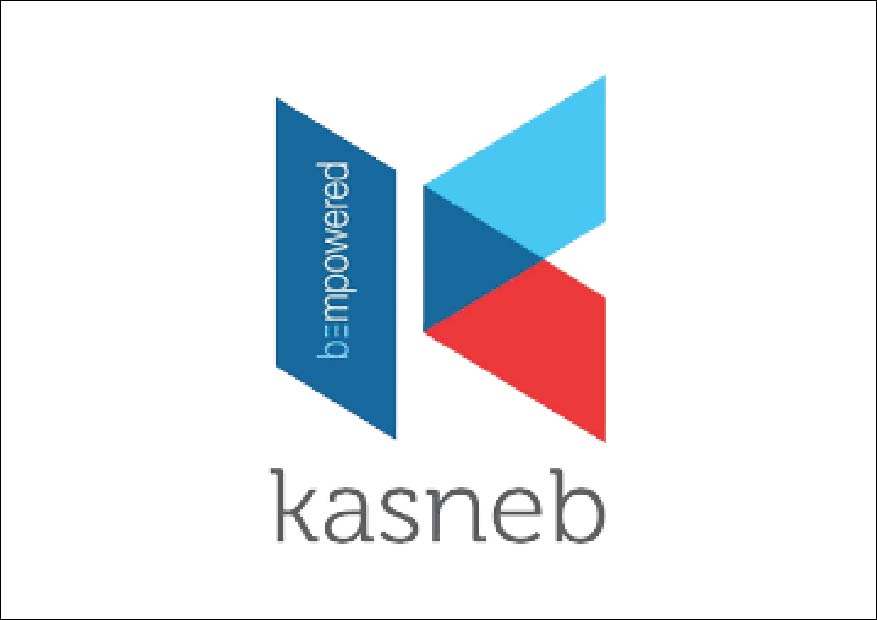
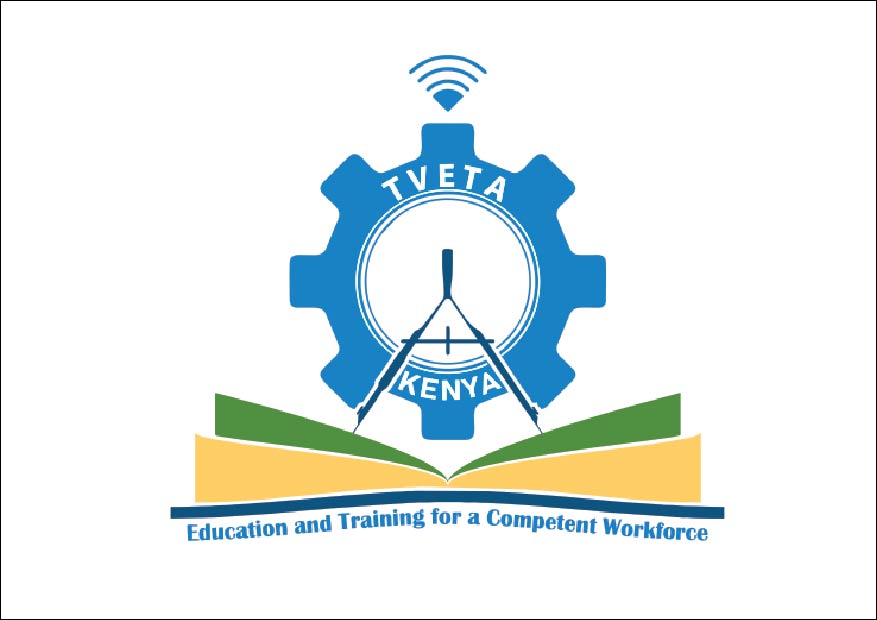
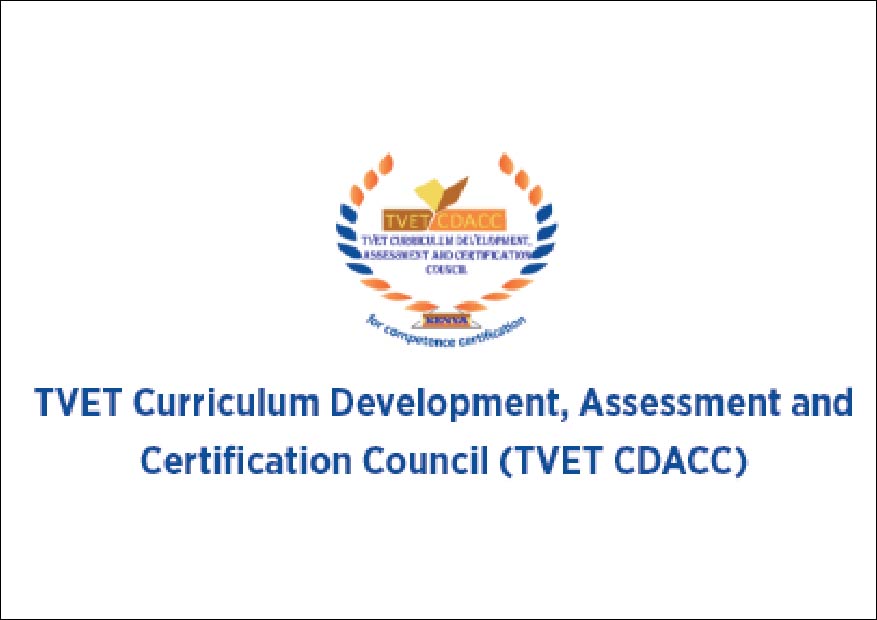
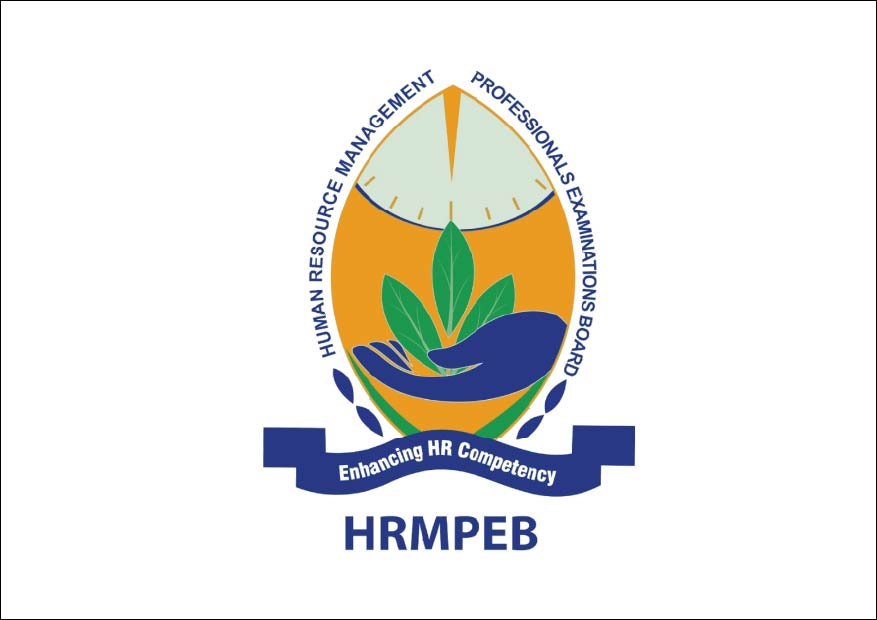
CONTACT US
We are here to help you get started. Reach out to our dedicated team!
P.O. Box Private Bag – 00127,
Limuru, Kenya.


